Sustainable wellbeing and green living
Let's find ways to Flourish!
Carrot Tops, Coffee Grounds, and Climate Solutions
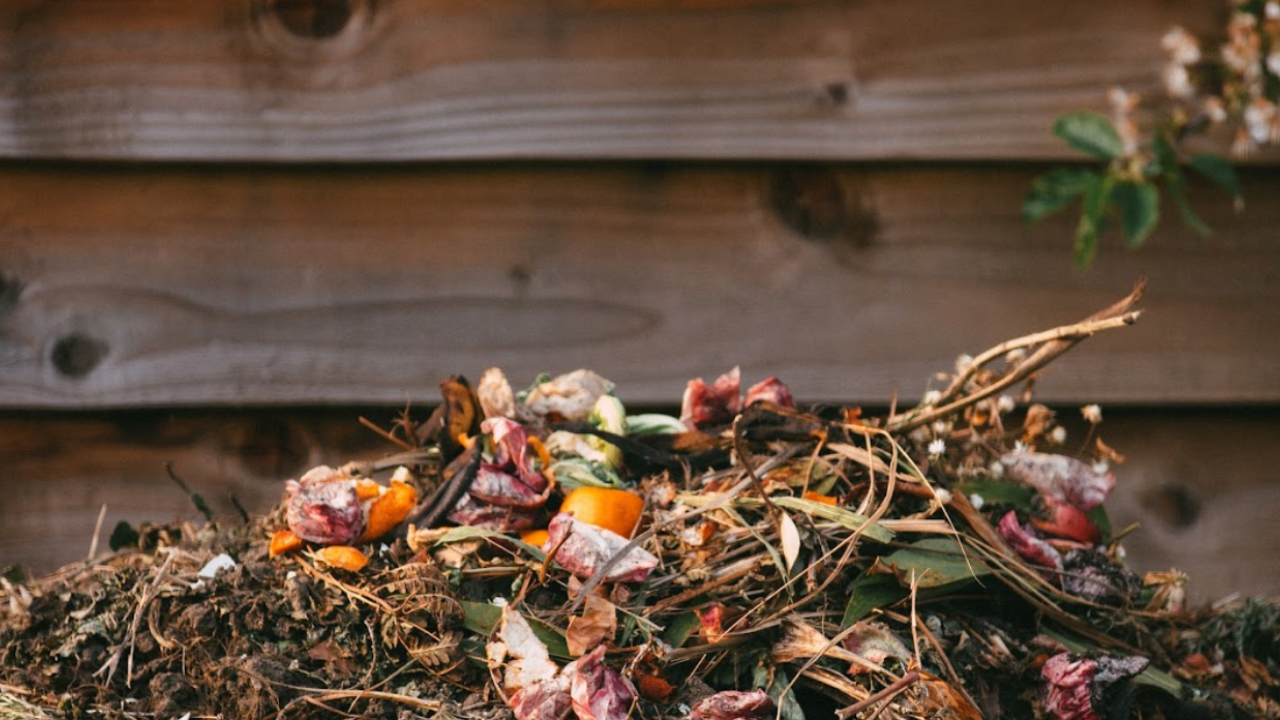
In our early years of living together, AJ gave me worms for Christmas.
Actual, wriggling, red composting worms.
Now, to be fair, I had expressed interest in vermicomposting. I care about soil. I care about nutrient cycling. I care about not sending perfectly good organic matter to landfill. But there is still something slightly surprising about opening a gift and realizing you now share your home with several hundred new roommates.
Nothing says long-term commitment like a box of red wigglers under the tree.
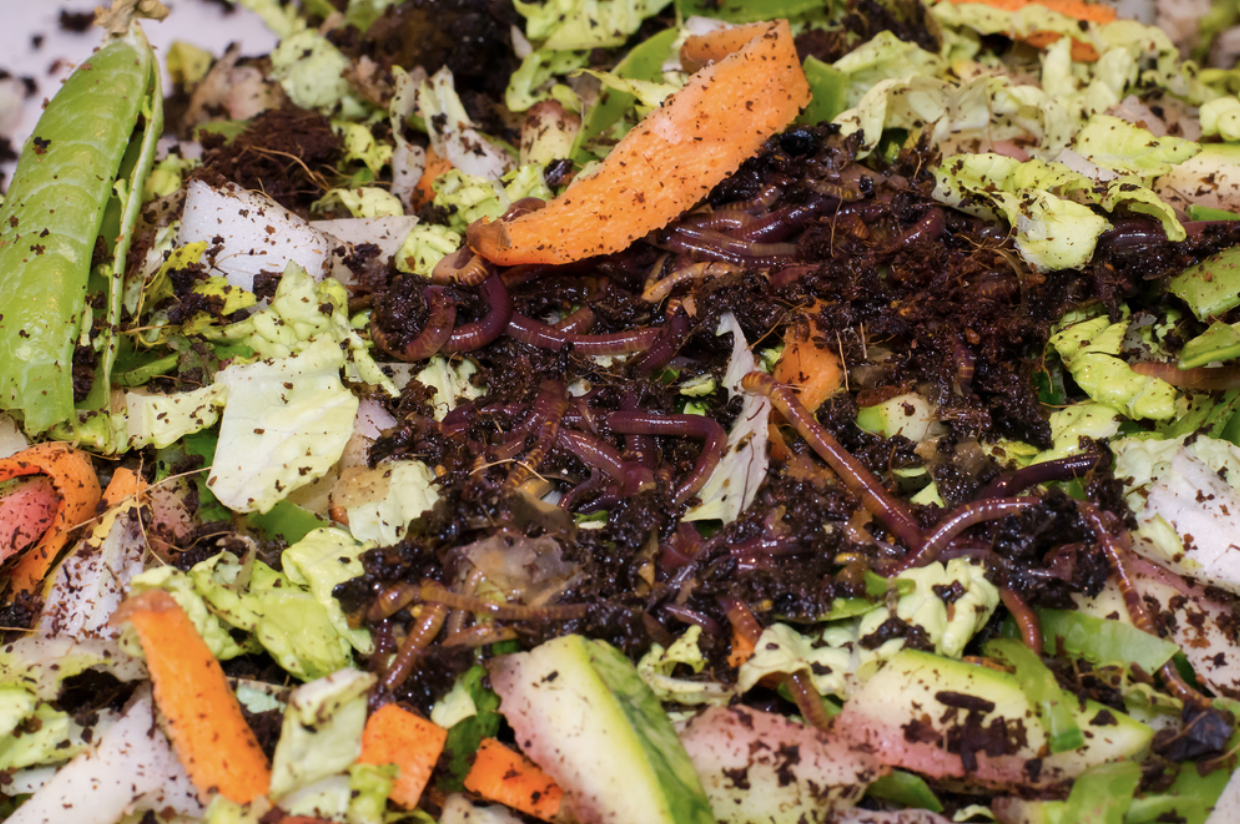
But really, those worms were never really about worms. They were about respect. Respect for food. Respect for soil. Respect for the living systems that make our meals possible in the first place. Respect for what I care about.
Instead of carrot tops and coffee grounds becoming methane in a landfill, they would become soil. Instead of waste, they would become life again.
Food waste, it turns out, is one of the most solvable climate problems we have. And it starts in very ordina...
Did I Ever Tell You About the Time We Started a Housing Co-op?

Coming Home to Bluestem
It was a sunny summer evening, and AJ and I were in our mid-twenties, both working downtown. We came home to our three-storey walk-up apartment in the Corydon neighbourhood — back when it was already lively, full of good food, great gelati, and the feeling that you were exactly where you wanted to be.
We headed in through the back, up the fire escape — which functioned less like an emergency exit and more like a multi-storey deck. On warm evenings, it was where life happened. Kids played. Parents shared snacks and a beverage.
We’d head up one flight, stop to chat. Go up another, stop again, sit down, play with kids. Conversations overlapped. Laughter drifted up and down the stairs. AJ used to joke, you know you’re living in a co-op when it takes you 90 minutes to get up two flights of stairs.
And he wasn’t wrong.

Bluestem Housing Co-op, Winnipeg, Canada
It wasn’t organized. It wasn’t forced. It was what happens when people choose a co-operative way of li...
300 weeks of Flourishing

300 Weeks of Flourishing
A thank-you, a milestone, and a gift for the planet
Three hundred.
That’s how many Flourishing Fridays have now made their way into the world. When I first began this weekly practice, I had no idea it would grow into a community, a rhythm, and a shared language for caring for ourselves and the planet at the same time.
This post is both a celebration and a thank-you — and then, as always, an invitation to act.
Gratitude, first and always

Nothing about Flourishing has been a solo endeavour.
To my husband AJ — thank you for walking alongside this work in all the ways that matter: through the long conversations, the behind-the-scenes support, the shared values, and the daily living-out of what it means to care for people and place.
To my business besties, friends, and family: thank you for the encouragement, the listening, the laughter, the thoughtful questions, and the steady belief that this work matters — even (and especially) when it’s slow, complex, o...
Sustainable New Year's Resolutions
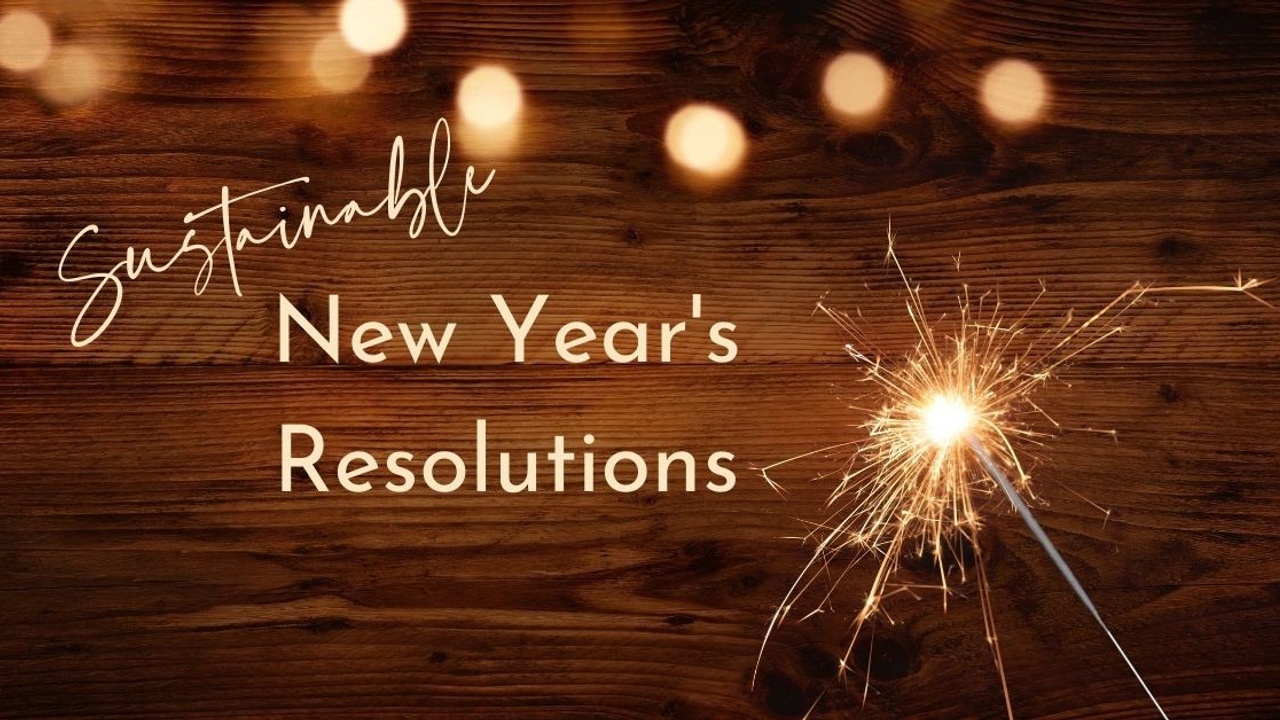
Like so many people, I do love a fresh start, feeling that I can and will do better, and evolve who I am, becoming the best version of myself. Sound familiar? Unfortunately, I see that way too many of these resolutions revolve around losing weight or eating right, but what I see as truly transformative is living in alignment with our values.
That means living better for the planet - and for our own bodies, in fact, those two acts generally overlap. So, if this sounds like the year that you want to have, where your actions every day are working towards to future that you want, one that is sustainable for the planet AND for yourself, here are my tips on how to get there.
Guess what? It is actually pretty simple.
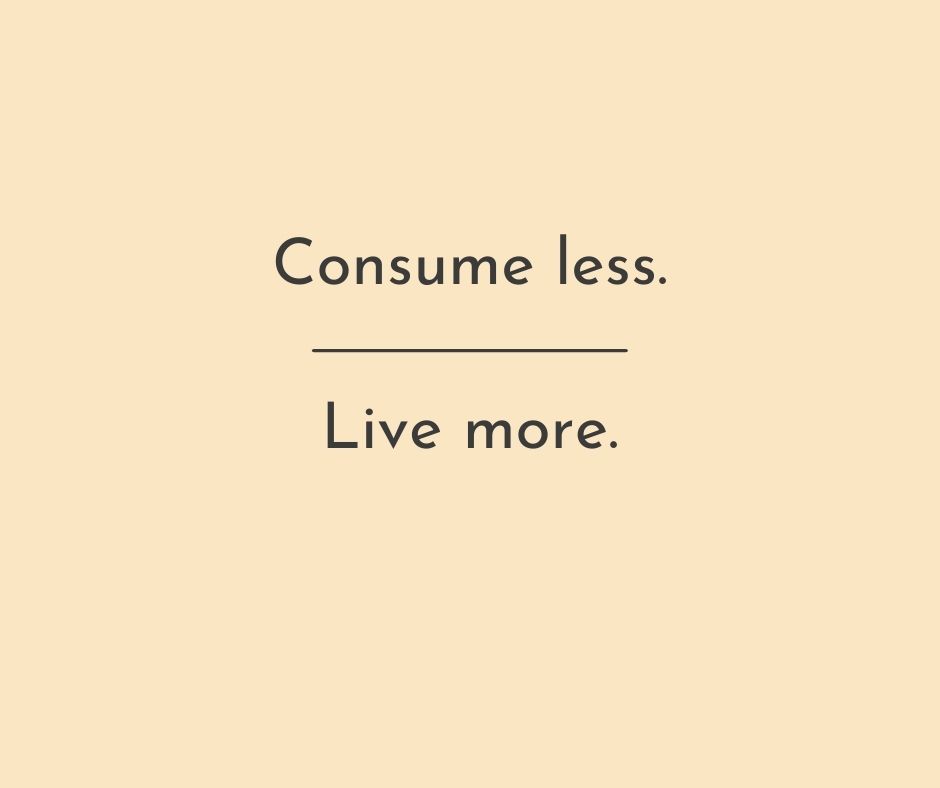
Yeah, so that sounds great, right? But how exactly do I live that out daily? Have you ever seen ads that talked about this concept...without trying to sell you something? Well, the reality, of course, is that we all consume material goods, food, and resources. But can we do ...
Ten Ways to Give Eco-friendly Gifts

As holidays, celebrations, and birthdays approach, many of us start to think about what gifts to give our friends and family. Picking out a gift for a loved one is a great way to show them how much they mean to you. That being said, I’m sure you’re well aware that gift-giving can also lead to the purchasing of unnecessary items, create waste, and overall have a negative impact on the environment.
Luckily, there are many ways to give gifts in an environmentally responsible manner! Although you may initially think that green gift giving significantly narrows down your options, there are plenty of ways to give green, and live out your values. Gift giving is also a beautiful way to connect others to new and unique Eco-friendly items and suppliers that they may not have known about. Besides that, it feels AMAZING when the gifts that we receive also help others in need, or help to save an endangered species, or plant trees, or support small Eco-friendly businesses! Wins all around!
If you’...
My Green Kitchen Renovation

It was back in 2006 when my husband A.J. and I began to have the big discussion, as many couples eventually do...should we renovate?
Our house was built in 1918 and had many benefits of an older home such as quality craftsmanship, durability and lovely old trees lining the street. However, it also had some of the downsides of older homes, including a kitchen that was separated from the dining room by a wall and a rather poorly done upgrade that was at least a few decades old.
So, we decided to dive into the project and do a renovation of the kitchen, including opening it up to the dining room and doing it as sustainably as possible! I was already teaching sustainability and working in the field, so I knew that I wanted to do something that reflected these values.
And we knew that we wanted to achieve a more functional space, as most of the cupboards and appliances were all clustered in one corner. The cupboards were from about the 1950s or perhaps earlier, and every time you opened ...
What is TOD and why do we love it?

When it comes to incorporating sustainability into the built environment, it is important to acknowledge one key fact: we are living in a highly interconnected and globalized world. This is reflected in the way our cities are designed, as well as the movement of people within and between cities around the world.
This widespread travel within and between cities is able to occur due to the advent of modern transportation methods such as trains, busses, subways, automobiles, and planes. Unfortunately, one particular method of transportation has significantly influenced the design of our cities…and not in a good way!
Yep, you guessed it: the automobile. Automobiles are notorious for their contribution to urban sprawl, the uncontrolled expansion of urban areas.
Thanks to urban sprawl, it has become so much harder to get places on foot or take public transportation as your main method of getting around. For example, many North American cities have been designed specifically for automobile...
Could Deep Ecology be the Solution?

Deep ecology is an environmental philosophy introduced by Arne Naess in 1984 which recognizes the inherent value of all living beings and promotes the idea that they have moral and legal rights to live and flourish as humans do.
This philosophy looks deeper into our relationship with the natural world for a more holistic approach to environmentalism. Instead of promoting the preservation of ecosystems and biodiversity for human purposes such as resource extraction, deep ecology recognizes the intrinsic value these systems hold, regardless of utility to humans.
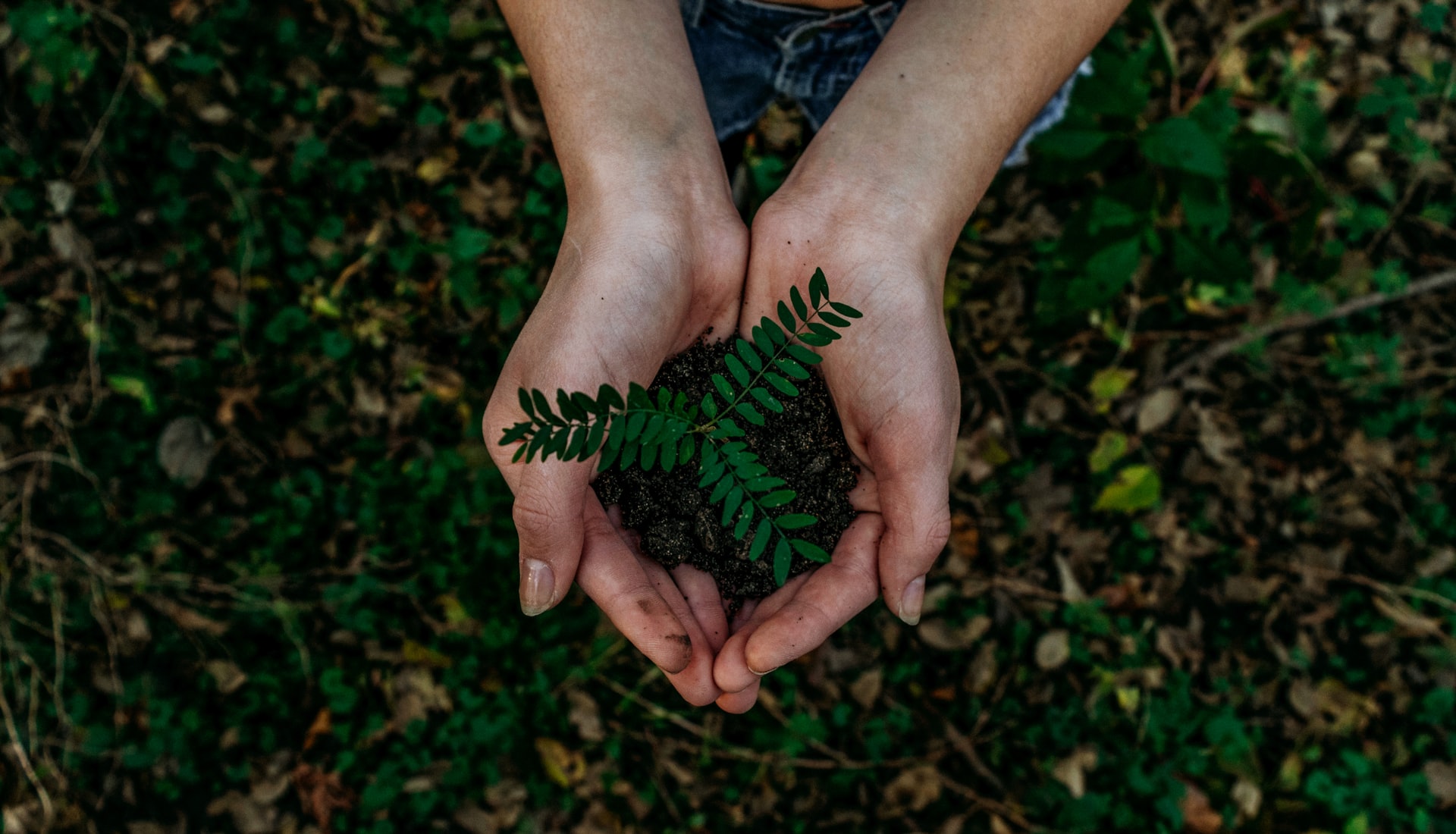
The deep ecology framework is not anthropocentric, meaning that all living beings are viewed as our equals and that we are part of a whole.
As a whole, we cannot all thrive to our full potential until all parts of the whole are free to do so. Deep ecology encourages the shift from egocentric living to ecocentric living.
Fundamental principles of Deep Ecology
- The well-being and of human and non-human life on earth have in ...
Cleaning your home shouldn't dirty our waterways
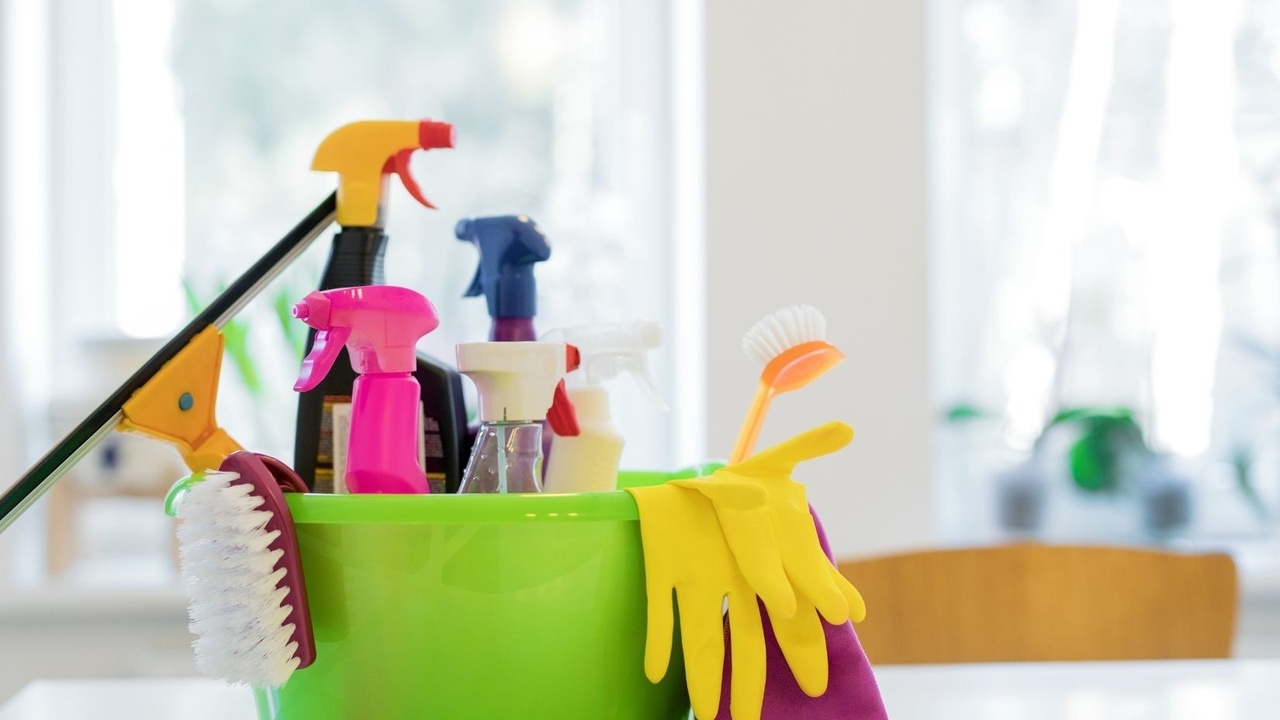
Do you care about protecting and preserving your lakes? If so, this blog post is for you! Did you know that there are many different products that can negatively impact the health of lakes near you? Actually, it's not only the products themselves that can be an issue, but also their packaging as well.
While it’s true that lakes can sometimes be out of sight, out of mind. When you’re not visiting your cabin, camping, ice fishing, or partaking in any other fun lakeside activities, the health of your favourite lake might not be on your mind. But that doesn’t mean that your actions don’t have negative consequences.
The products we use, especially cleaning products such as soaps, detergents, and shampoos, have the ability to enter our sewage systems when they are rinsed down the drain and become wastewater. Now, sewage plants are supposed to treat wastewater and make it safe for reuse when possible. However, it is sometimes possible that wastewater can flow directly into our lakes and wat...
10 Last minute Eco-friendly Gifts

We have all been there. Christmas can be a busy time of year and I am always happy to have some last-minute gifts that I can give without having to go out to a store! So, here are some of my go-to last-minute gift ideas that are also great for the planet.
No need to get yourself overly stressed trying to find gifts and then feeling bad that you are doing something that goes against your values when you just get something for the sake of having a gift. Here are some easy solutions that have so many benefits. They are great for the planet because they are low-impact, they support small businesses, and they show others that we can do gifts sustainably.
1. Give an Eco-friendly Hobby
Ok, I have to admit, I once had visions of selling my hand-crafted delights, everything from paper mache bowls to baked goods. So many people find delight in being creative. Making everyday items like a crochet dishcloth or a hand-knit scarf can be incredibly rewarding as well as eco-friendly.
When we m...


